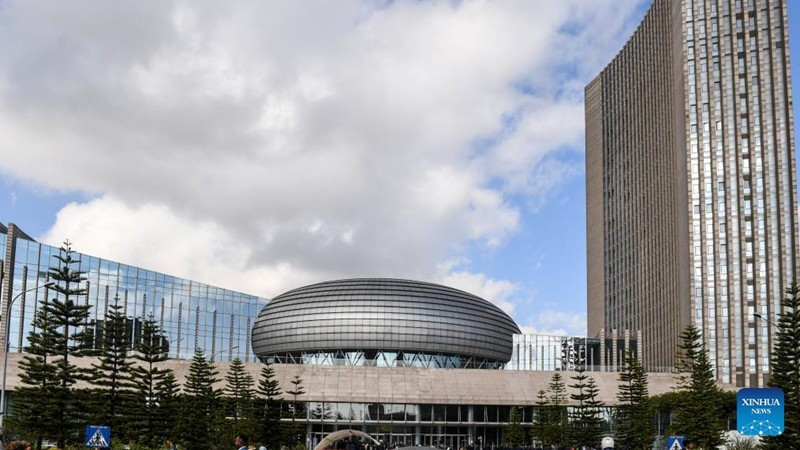Amid a volatile and divided global geopolitical landscape, leaders from both continents emphasised the urgent need for a balanced, substantive, and constructive relationship that delivers tangible benefits.
Discussions at the seventh AU-EU summit centred on collaboration in industry, energy transition, technology, and the responsible exploitation of strategic mineral resources—seen as essential for long-term growth.
European Commission President Ursula von der Leyen stressed that prosperity in Europe and Africa is increasingly interconnected: Europe offers expertise, technology, and investment, while Africa holds critical assets for future development.
AU representatives, however, insisted that Africa seeks credible, implementable commitments rather than new declarations.
Prosperity in Europe and Africa is increasingly interconnected: Europe offers expertise, technology, and investment, while Africa holds critical assets for future development.
UN Secretary-General António Guterres described AU–EU cooperation as a potential “central axis” of a fairer global order.
Angolan President João Lourenço, current AU Chair, called for comprehensive reform of the global financial system, warning that many African nations risk falling into prolonged debt cycles that hinder development and limit access to strategic investment. He urged fairer debt restructuring tools and innovative financing instruments to support sustainable growth.
In this context, creditor nations—including EU members—are considering measures such as partial debt cancellation, payment extensions, or debt-for-development swaps.
Unlike the traditional approaches of debt collection or cash aid, Europe needs a practical approach and long-term vision with Africa to develop together for lasting stability and prosperity.
The EU aims to expand cooperation beyond traditional sectors, targeting critical raw materials, artificial intelligence, transport infrastructure, and the green transition.
Besides focusing on crucial sectors like energy, infrastructure, healthcare, and agriculture, European countries are proactively expanding free trade agreement networks with African partners.
African security was underscored as integral to European and global stability. Strengthening political and security cooperation is therefore seen as essential.
European countries are also deepening trade ties with African partners, supporting the African Continental Free Trade Area (AfCFTA) to boost intra-block and intercontinental trade, though many African countries also call for ensuring rebalancing in bilateral relations.
Through the Global Gateway Africa–Europe Investment Package, the EU has committed 150 billion EUR between 2021 and 2027 to support infrastructure, energy, healthcare, education, and digital transformation projects across Africa.
African security was underscored as integral to European and global stability. Instability in Africa fuels terrorism, drives migration flows to Europe, and threatens Mediterranean security. Strengthening political and security cooperation is therefore seen as essential.
The EU remains the leading supporter of peace and security in Africa, with funding channelled through the European Peace Facility (EPF). Established in 2021, the EPF provides military assistance, equipment, and training for African partners, including unmanned aerial vehicles, surveillance systems, and maritime assets. The EU also supports UN funding for AU-led peacekeeping operations.
With strong political will, shared strategic interests, and expectations for deeper cooperation, the EU and AU aspire to build a sustainable partnership that ensures prosperity and stability for both continents.
















